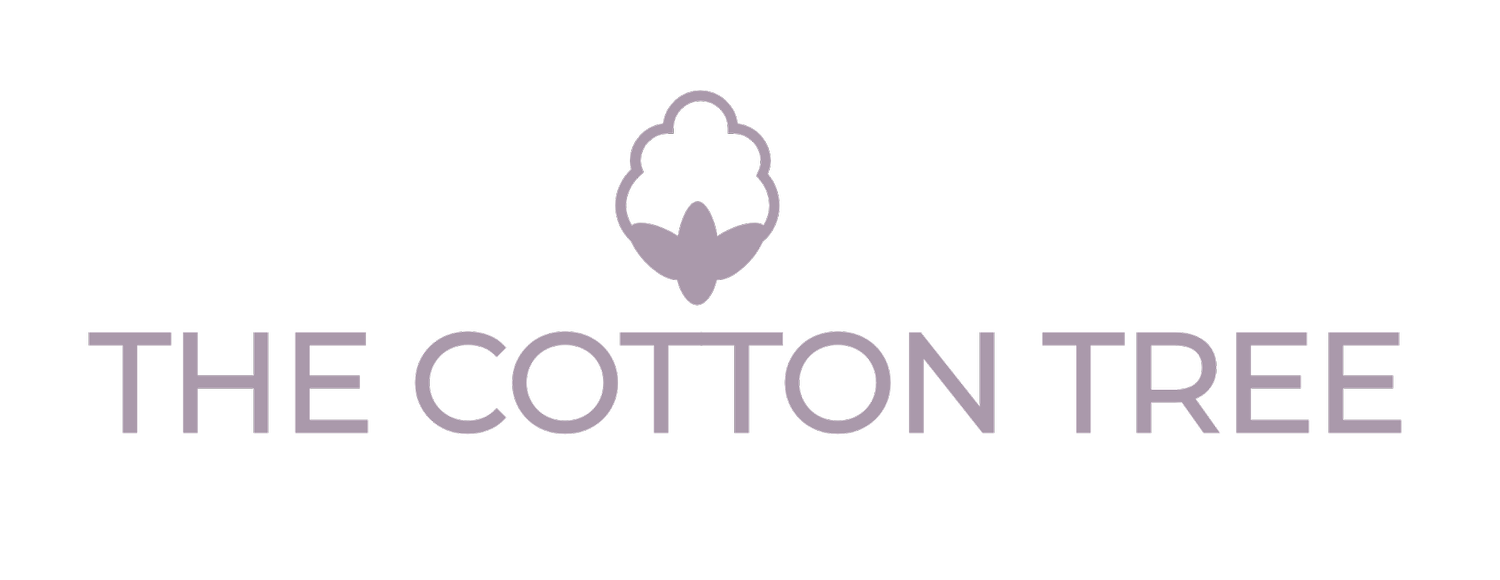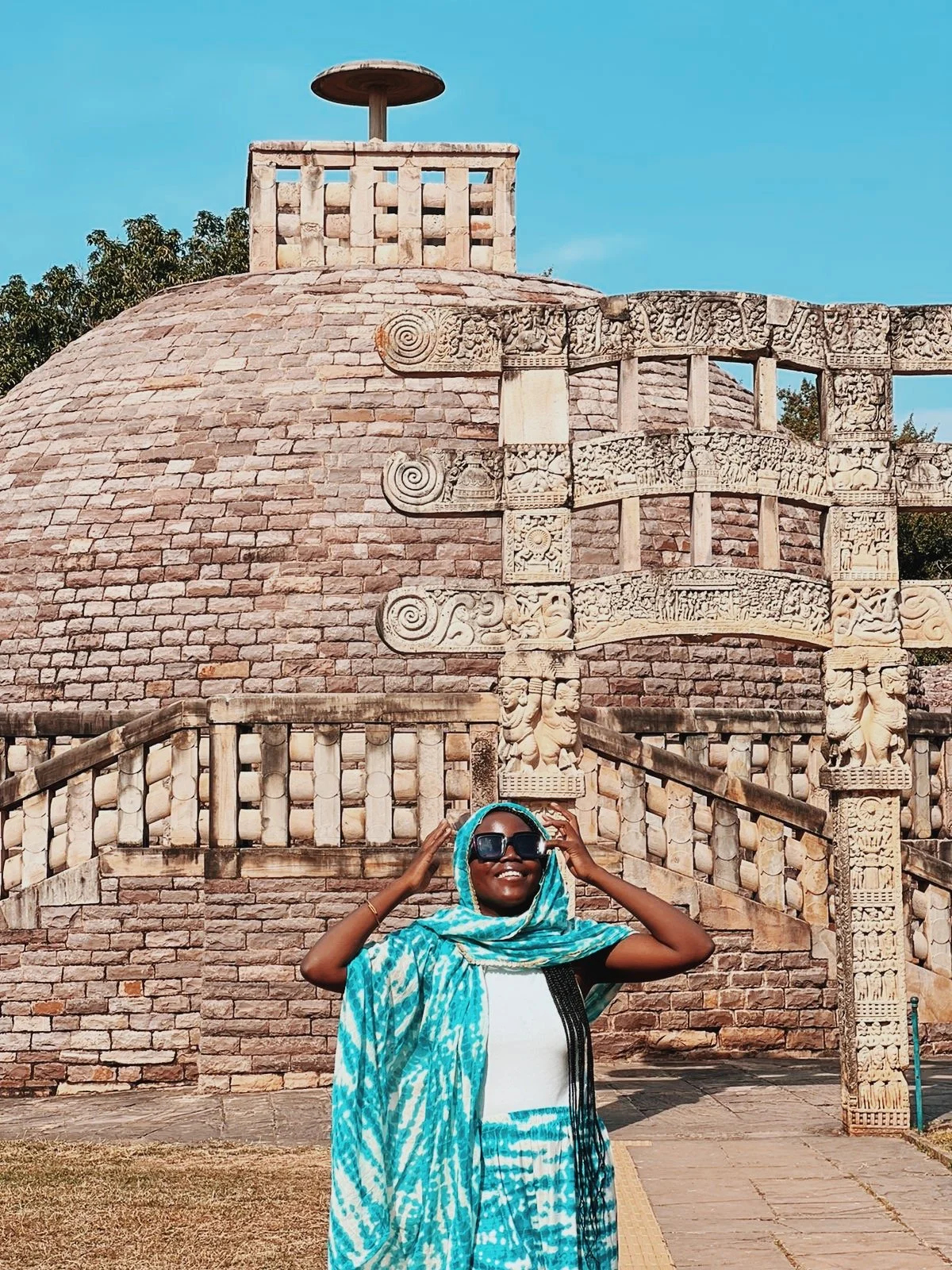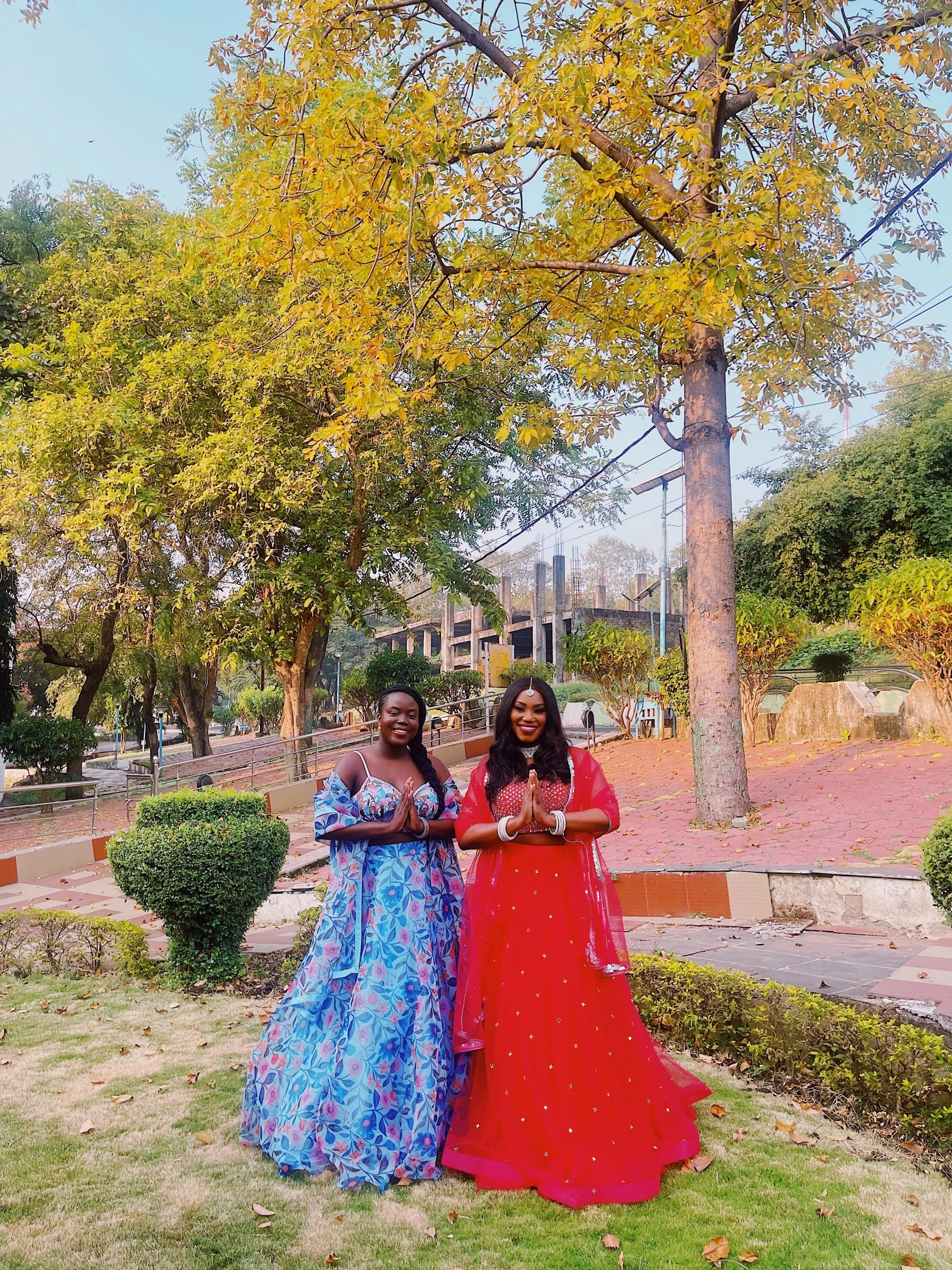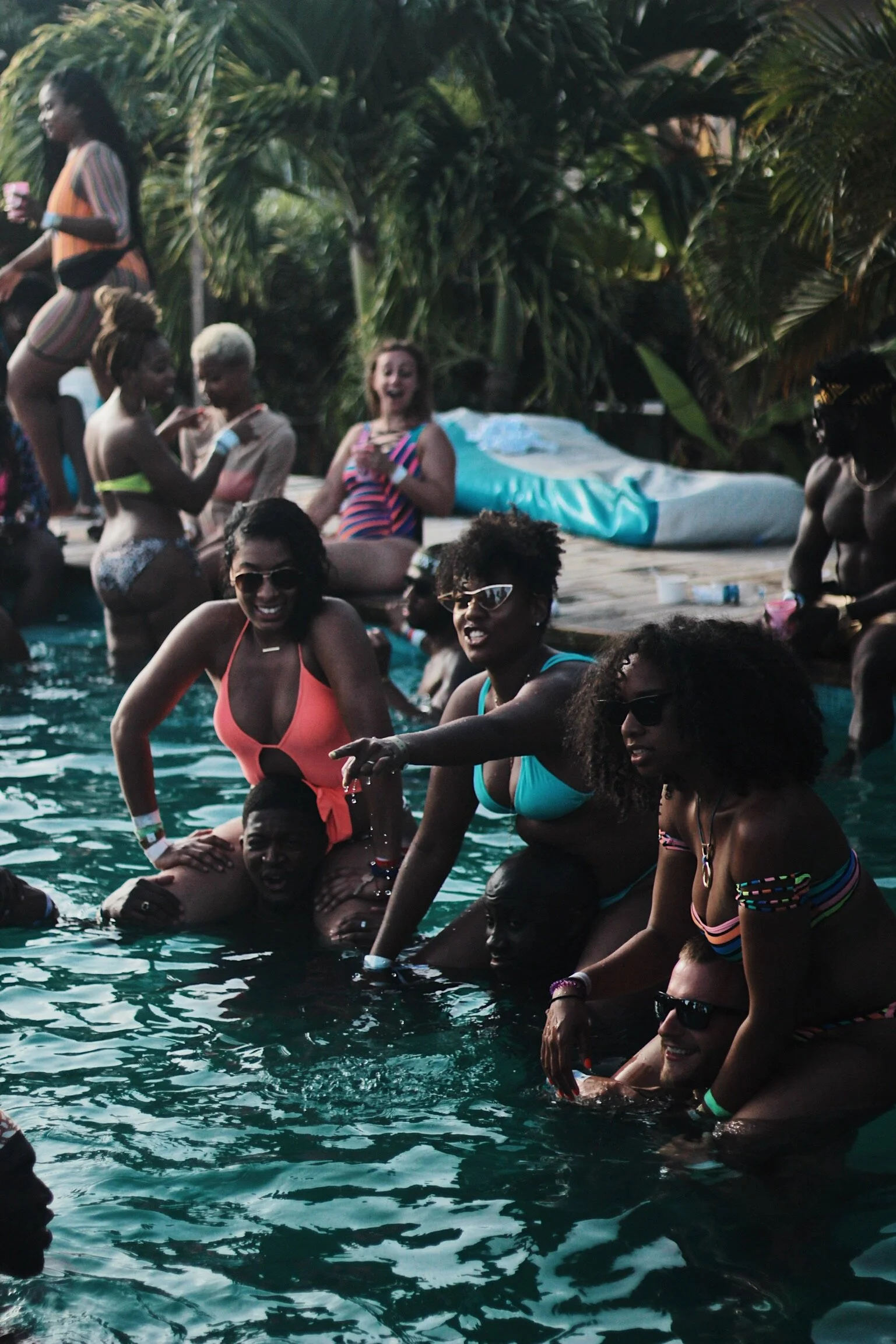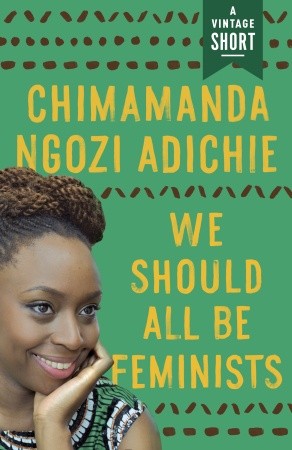Kai's presentation, "Spiritual Change - The Journey to Rasta" will share with us, and the world, her personal and spiritual voyage. Kai Davis represented her country as a dancer at a number of festivals between 1990 and 2002.
Lia's speech addresses the impact of climate change, looks at ways in which local Antiguans have become climate innovators and discusses small but innovative ways in which we ourselves can also be climate innovators. Born to adventurers, Lia Nicholson's grandparents sailed the family to the twin island state of Antigua & Barbuda in the 1940s.
Gomes, a devout Christian, focuses on Breath, Mind, Spirit during his talk and how simple meditation and breathing techniques can improve health and return balance to life. Sifu Jurey Gomes is a recognised and decorated martial arts practitioner and founder of the Fist of Nothingness system of martial arts.
Marcella's speech will tackle the issues of displacement from her home country Dominica to her adopted home of Antigua. Follow her as she finds herself, her home and her place in this world. Marcella André-Georges is an entrepreneur and transformative leader.
Calypso Joe's talk, "Our Story in Song - Examining the social consciousness of calypso" will focus on the lingering impacts of slavery, colonialism and racism on society and will end with the positive charge of nation building. Joseph "Calypso Joe" Hunte started his musical career as a student in the Johnson's Point Primary School drama program.
I'm really proud of the work that went into producing all of this. TEDx Antigua showcased some of Antigua's Great Minds and allowed the world to see a snippet into our culture and what makes us, us. The Ted Talks all grouped under the tagline, "Fungee & Pepperpot a recipe for development and change" did just what it's organizers hoped it would, incite in the minds of others the need to reshape and rethink our perspective on how we should attain spiritual, economical, and regional development.
